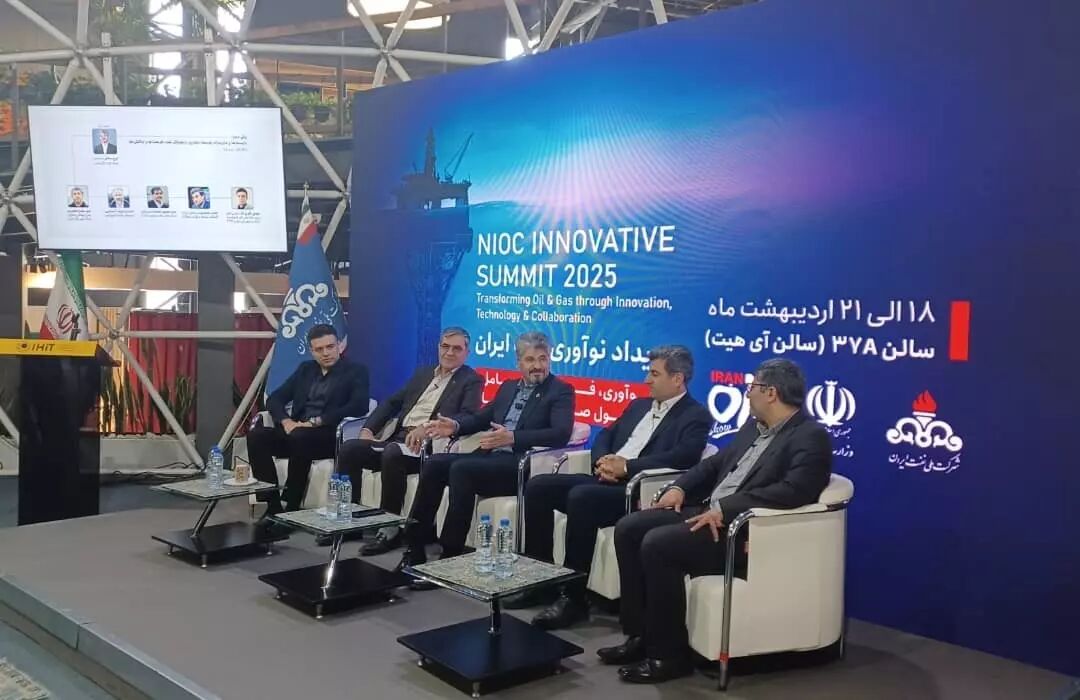The specialized meeting, titled "Technological Needs in the Oil and Gas Production Chain: An Opportunity for Innovation and Tech Entrepreneurship," was held on Friday during the second day of the 29th International Oil, Gas, Refining & Petrochemical Exhibition (Iran Oil Show 2025).
Farokh Nasseri-Karimvand, technical affairs manager at the National Iranian South Oil Company (NISOC) and chair of the meeting, pointed to various challenges in the operational sectors of the oil industry. He said academic and knowledge-based centers should engage with these issues, and since such projects require significant funding, investment firms must collaborate with research institutions to ensure mutual profitability.
He added that academic centers should proactively identify industry needs and propose solutions, as the industrial sector lacks the bandwidth to keep up with global technological advancements.
Nasseri-Karimvand noted that NISOC has been a pioneer in adopting new technologies, signing 6.8 trillion tomans ($220 million) in first-time contracts. He highlighted key technological needs, including advanced geological and petroleum engineering software for field analysis, short drilling operations, and precise geophysical interpretation.
Shortage of smart well monitoring, control equipment
Ali Barati, NIOC’s deputy supervisor for shared oil and gas fields, said shared fields have shifted from technical to political concerns. For example, in some West Karoon fields shared with Iraq, oil with an API gravity of 25 does not migrate, reducing extraction competition worries.
He stressed that Iran’s tech ecosystem lags behind practical needs, calling for structural changes in IT roles within the oil sector. Technology should transition from research to operational support.
Barati cited a major upstream challenge: the lack of smart well monitoring and control systems. He proposed empowering knowledge-based firms and research centers to pilot smart well projects rather than full-field digitalization, balancing risk and innovation.
AI’s role in cost reduction
Ali Akbar Nourian, head of research and development at the Iranian Central Oil Fields Company, highlighted AI’s potential in exploration data analysis, environmental monitoring, production optimization, maintenance, drilling efficiency, and cost reduction.
Identifying tech needs in upstream chain
Mohammad Saber Karm Beigi, director of a project to revive low-yield wells at the Oil Industry Innovation and Technology Park, emphasized aligning technological needs with upstream industry priorities. He suggested three approaches: tech-driven push, demand-driven pull, and unforeseen developments.
Tech needs go beyond hardware
Farshad Mirzaei, engineering manager at Asmari Company (representing the private sector), argued that technological needs are often cultural rather than purely technical, citing failures in attracting foreign expertise and supporting domestic talent.


Your Comment